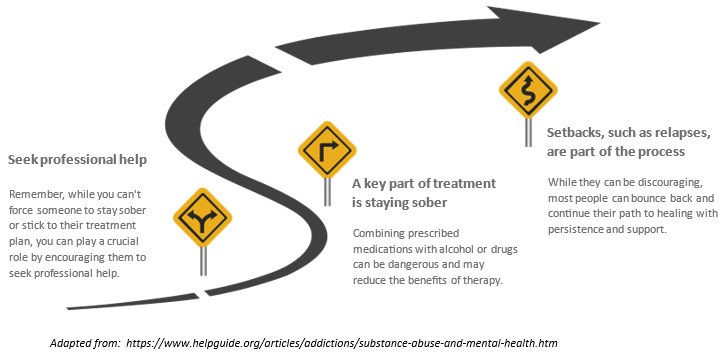
3.2.4. HOW CAN YOU SUPPORT THE JOURNEY TO MENTAL HEALTH AND SOBRIETY?
Supporting a loved one with both schizophrenia and alcohol use disorder is a delicate balance that requires empathy, patience, and informed action.
Practical steps to create a supportive environment, encourage treatment adherence, and promote sobriety are crucial.
Equally important is that caregivers practice self-care to maintain their own well-being while continuing to offer support.






